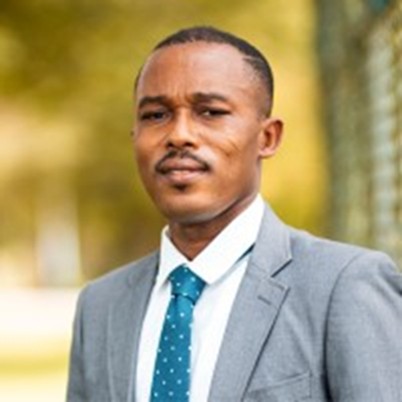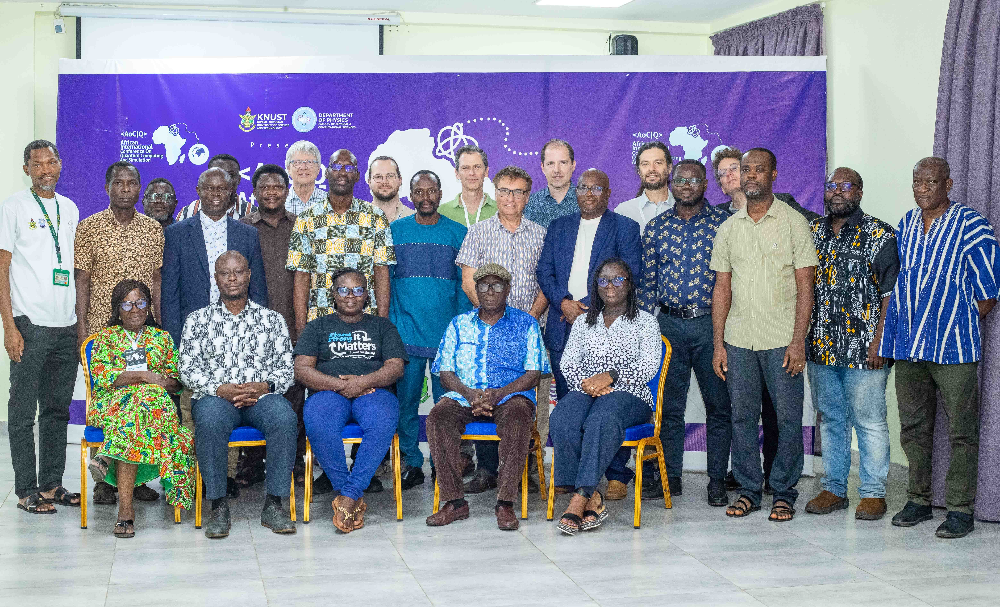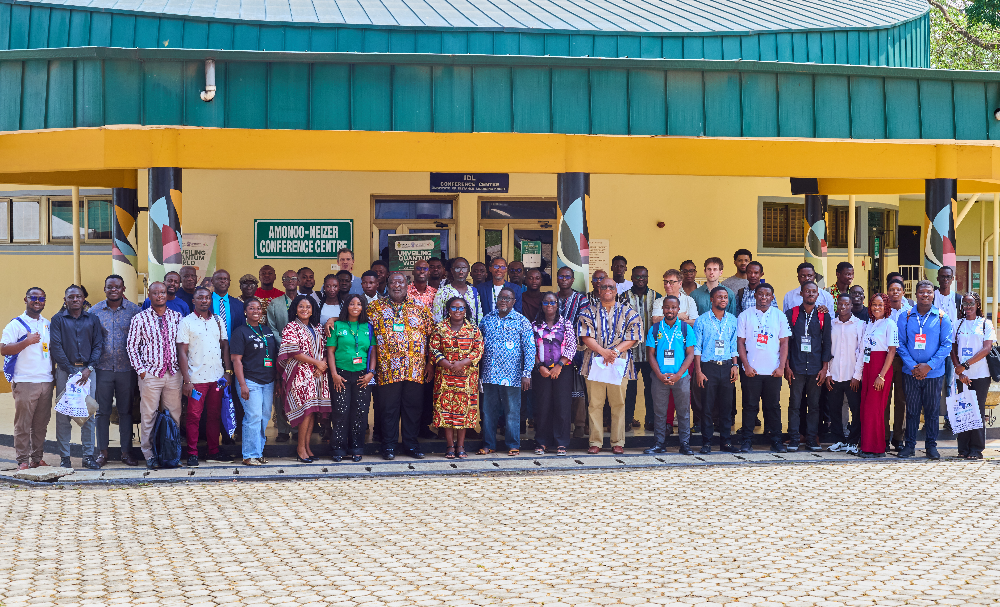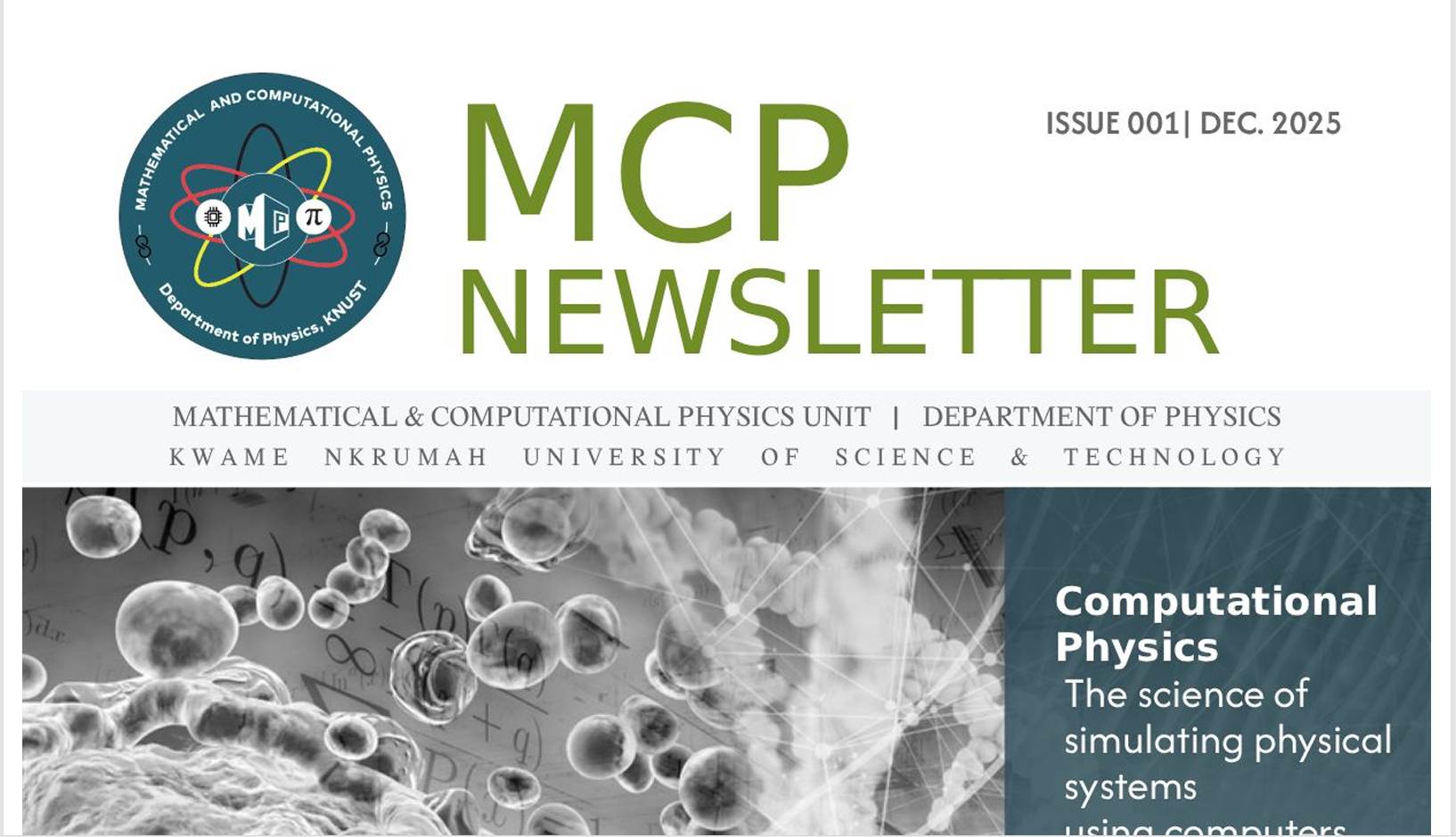Strengthening Partnerships and Conducting Feasibility Studies for SMART (Waste)Water Management System Between University of L’Aquila and KNUST
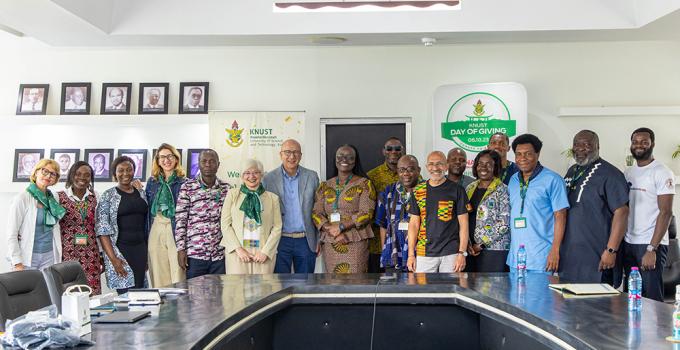
A delegation from the University of L’Aquila (UAQ), Italy, led by Professor Bruno Rubino, Vice-Rector for International Programme Affairs, visited Ghana in May 2025 to deepen academic and technological collaboration with Kwame Nkrumah University of Science and Technology (KNUST). The visit marks a significant milestone in the ongoing Double Master’s Degree Programme in Mathematics for Real World Application (RealMaths) cooperation and sets the stage for a new initiative: the SMART Water Project. This new frontier for partnership aims to introduce innovative technological solutions to some of Ghana’s most pressing water and sanitation challenges.
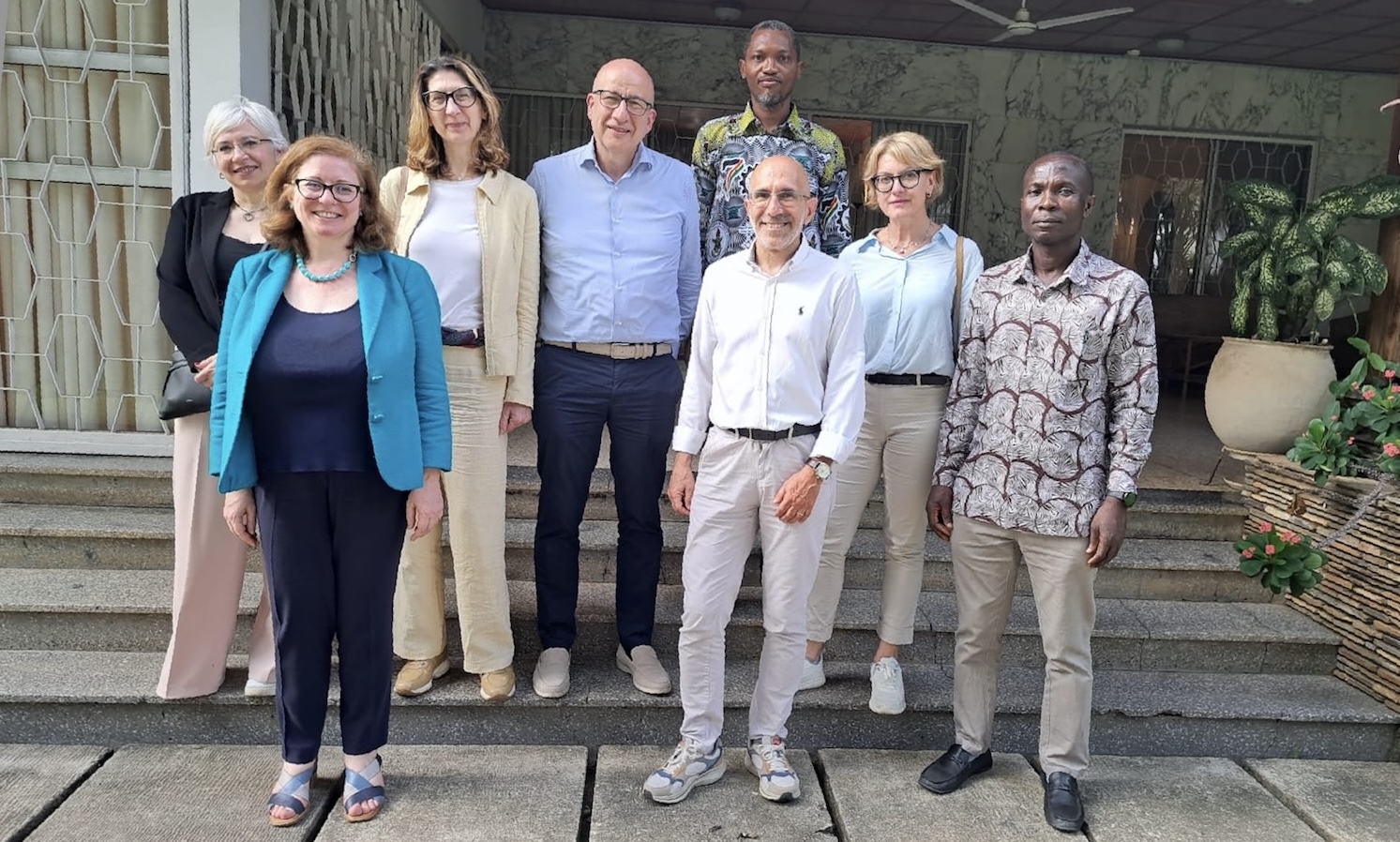
A Shared Vision for Sustainable Water Management
At the heart of the week’s visit was the SMART Water Project, an initiative designed to transform wastewater treatment through intelligent, integrated systems. This project will deploy advanced wastewater treatment and reuse technologies supported by a Digital Twin: a virtual replica of the physical system that enables real-time monitoring, data analysis, and automated optimization.
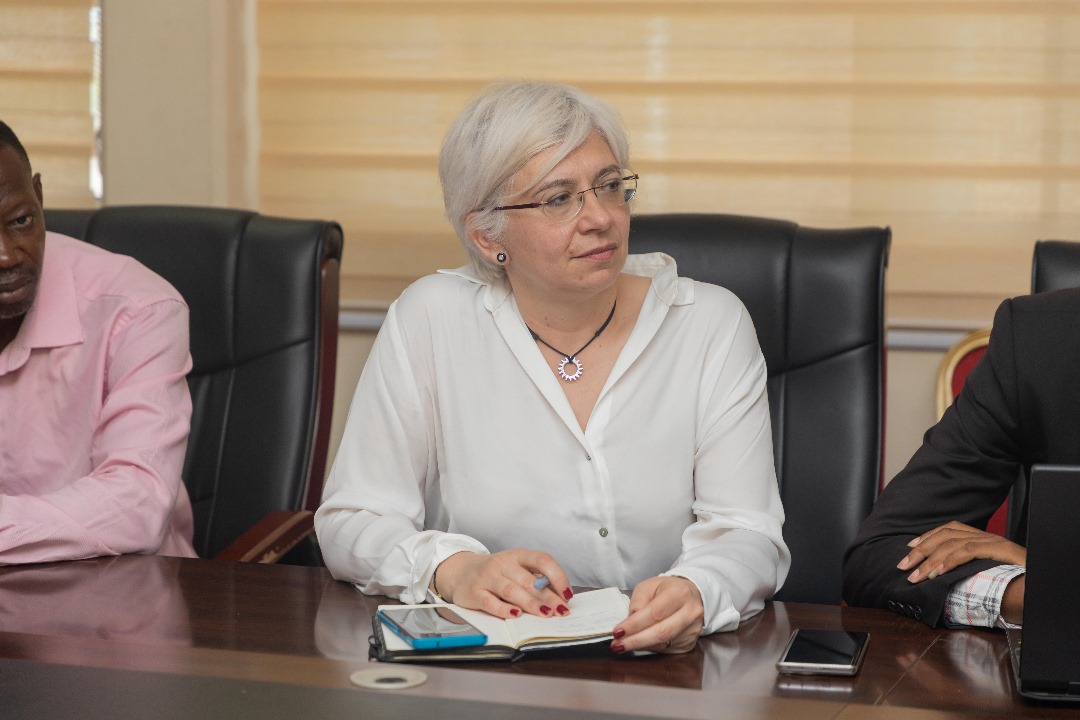
Professor Antinisca Di Marco, the Italian Lead for the project, emphasized its multidimensional approach, which combines technological innovation, academic and professional training, and community involvement. Together, these elements lay the foundation for solutions that are both practical and sustainable.
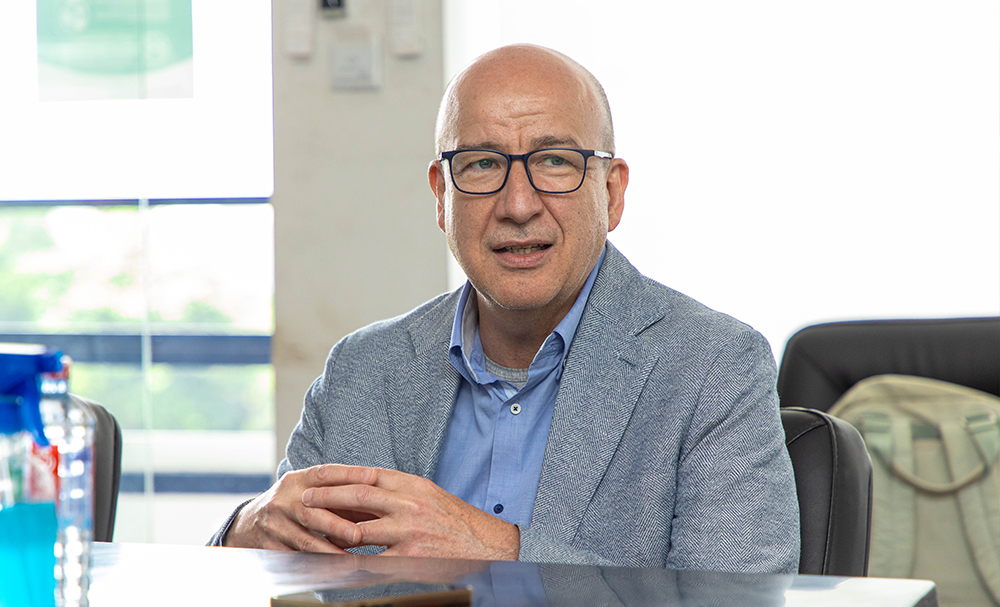
Professor Rubino emphasized that the SMART Water Project represents a “new frontier” for collaboration.
Dr. Henry Martin, Project Lead in Ghana, highlighted the project’s potential to address complex sanitation issues.
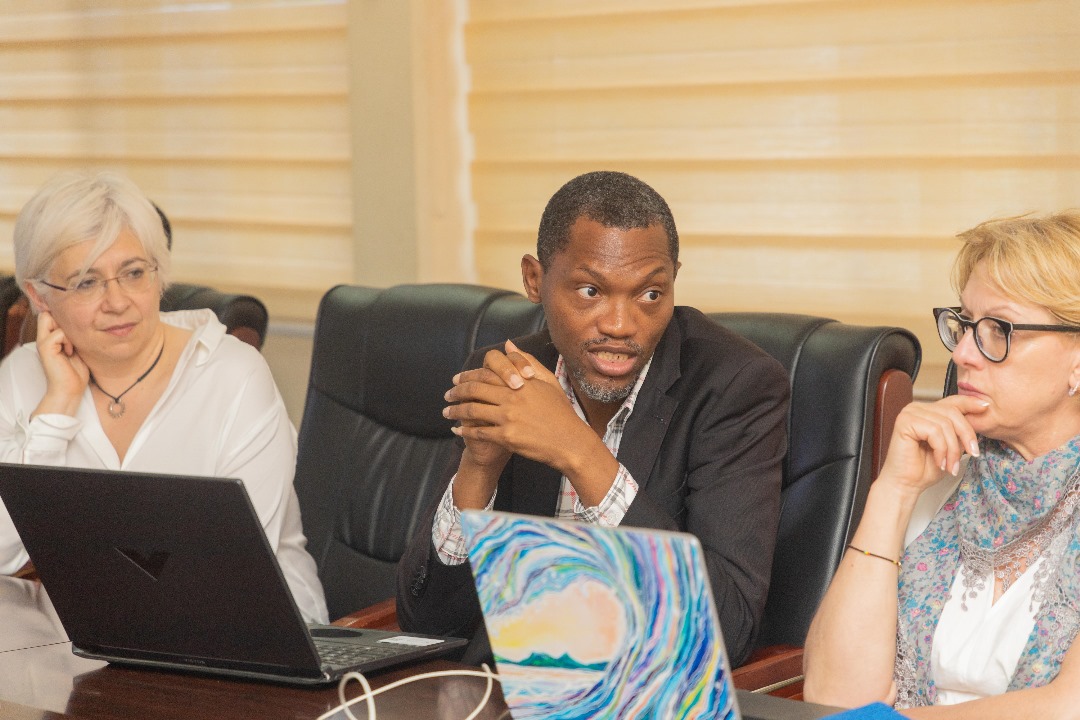
Strategic Engagements and Institutional Visits
The Italian delegation, accompanied by Ghanaian academic partners, held a series of high-level engagements to present the SMART Water vision and foster support:
1. A courtesy visit to Her Excellency Laura Ranalli, Italian Ambassador to Ghana, underscored the diplomatic importance of this academic and technological partnership.
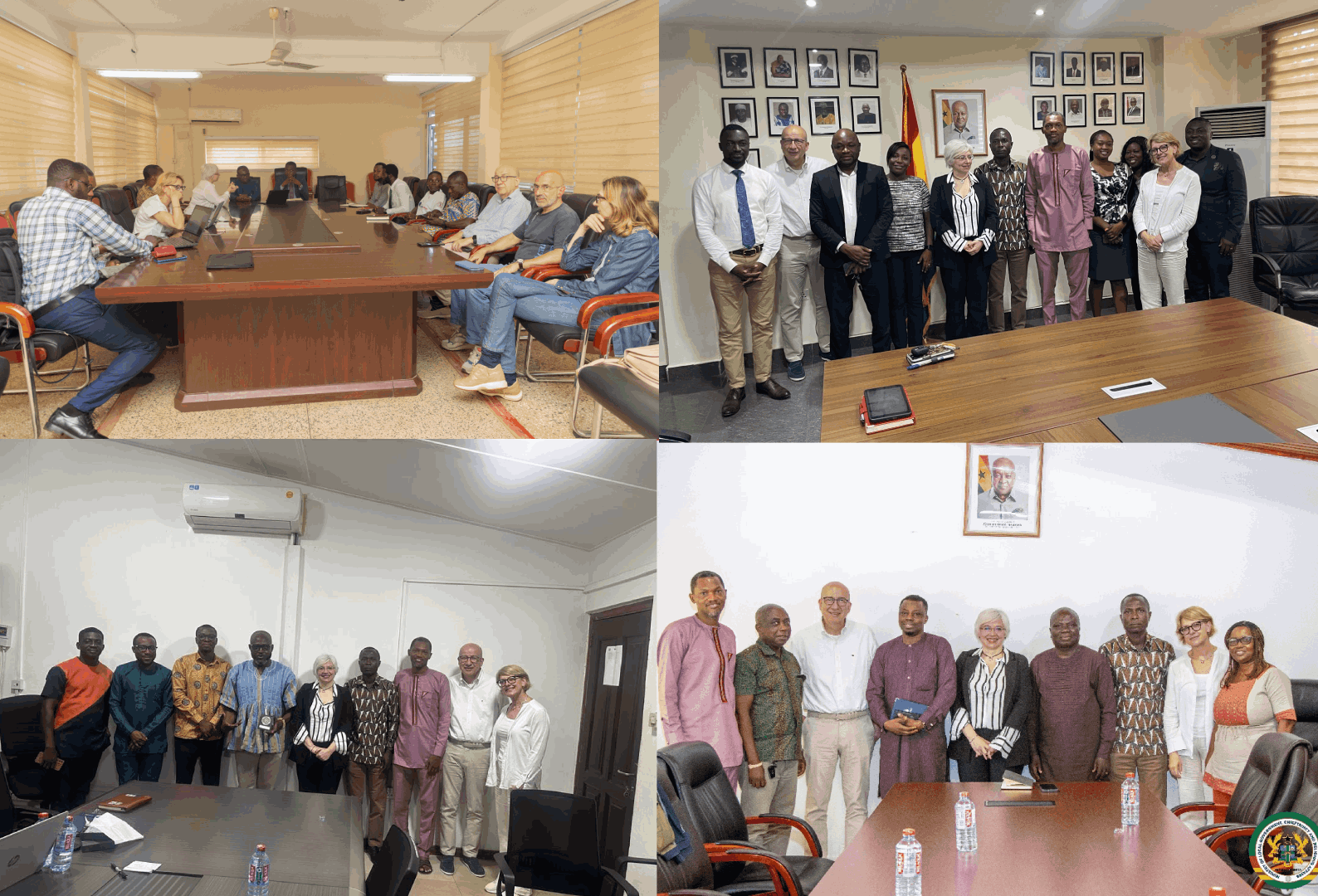
2. Productive discussions were held with key governmental and professional bodies, including the Ministry of Local Government and Chieftaincy, Ministry of Works and Housing, Commission of Water Resources, and the Ghana Institute of Planners (GIP). These meetings explored how innovative wastewater management can be integrated into national development strategies with a strong collaboration within the Quadruple Helix: Academia, Governmental and Professional Bodies and the Citizenry.
3. Field visits to the Barekese and Owabi water treatment plants, operated by Ghana Water Company Limited (GWCL), provided practical insight into existing infrastructure and potential areas for technological integration.
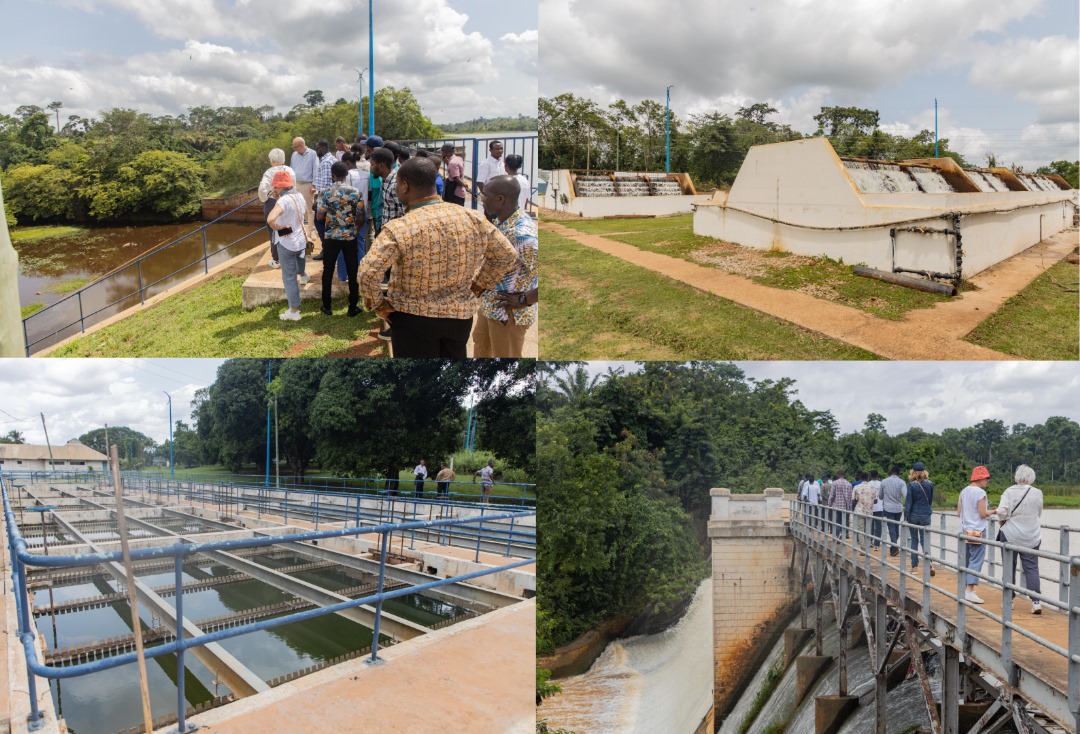
Expanding Academic Horizons
Beyond infrastructure and innovation, the visit reinforced the academic core of the partnership with KNUST and University of Cape Coast (UCC), as well as expand the Italo-Ghanaian Network through the inclusion of University of Ghana (UG). Discussions focused on expanding student and staff exchanges, joint research initiatives, and collaborative curriculum development under the RealMaths program.
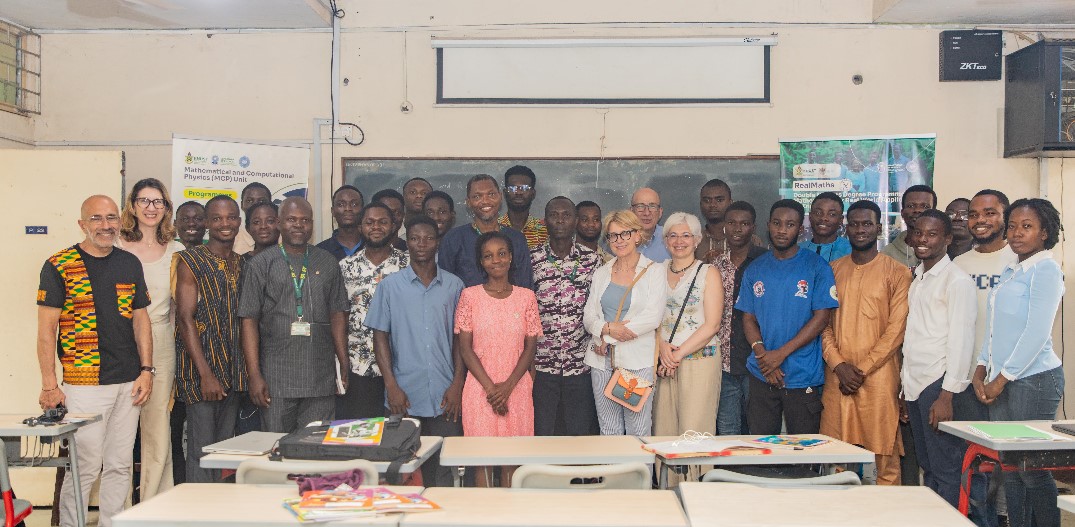
On campus, the delegation met with the Vice-Chancellor of KNUST, Professor (Mrs.) Rita Akosua Dickson, and toured the university’s facilities, including residence halls, the Department of Physics, the Environmental Science Department, and the waste treatment plant. They also engaged with administrative and estate development units.
Community Engagement and Cultural Appreciation
To highlight the importance of community engagement and cultural respect in fostering meaningful, people-centered development projects,
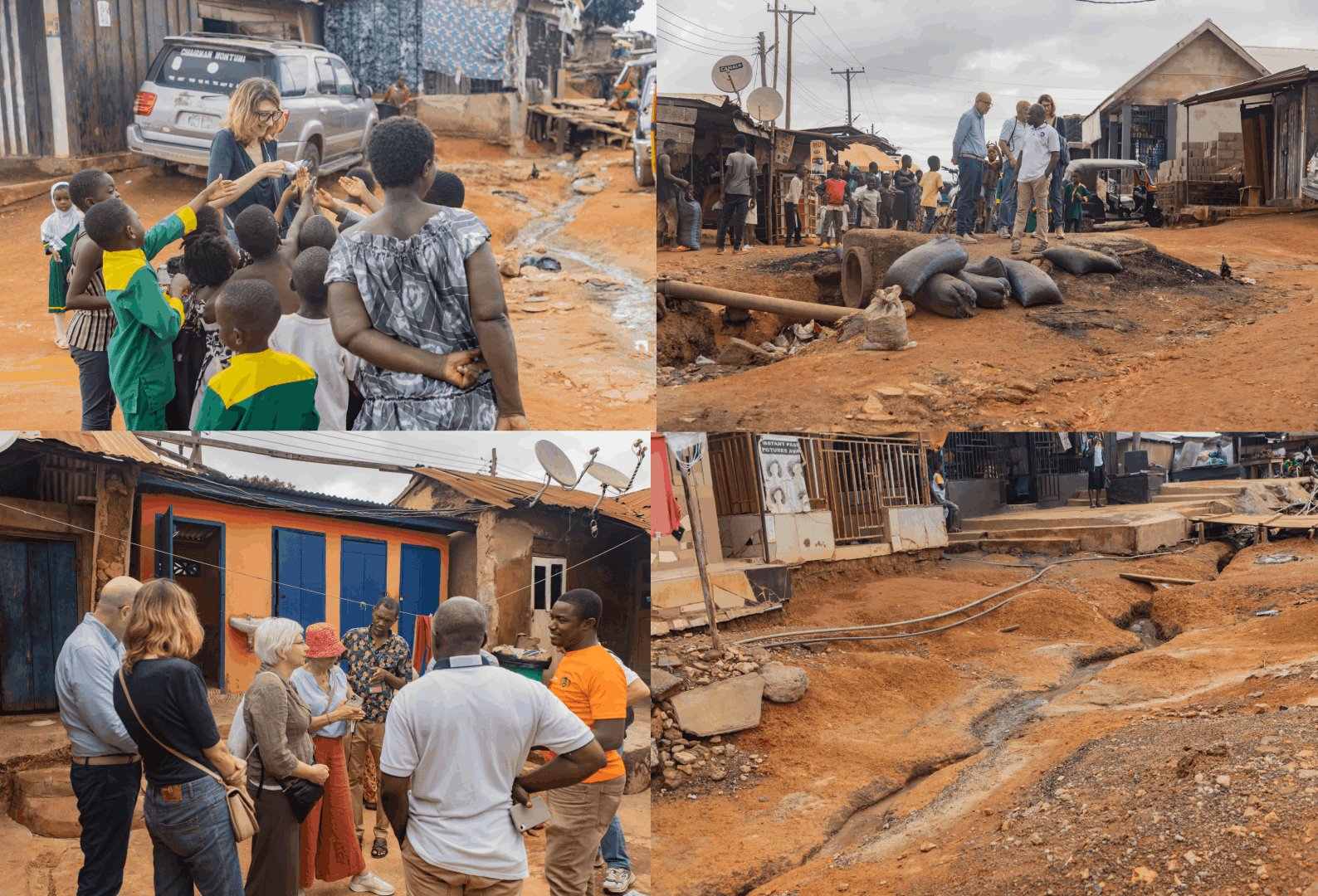 the program concluded with a visit to Moshie Zongo.
the program concluded with a visit to Moshie Zongo.
